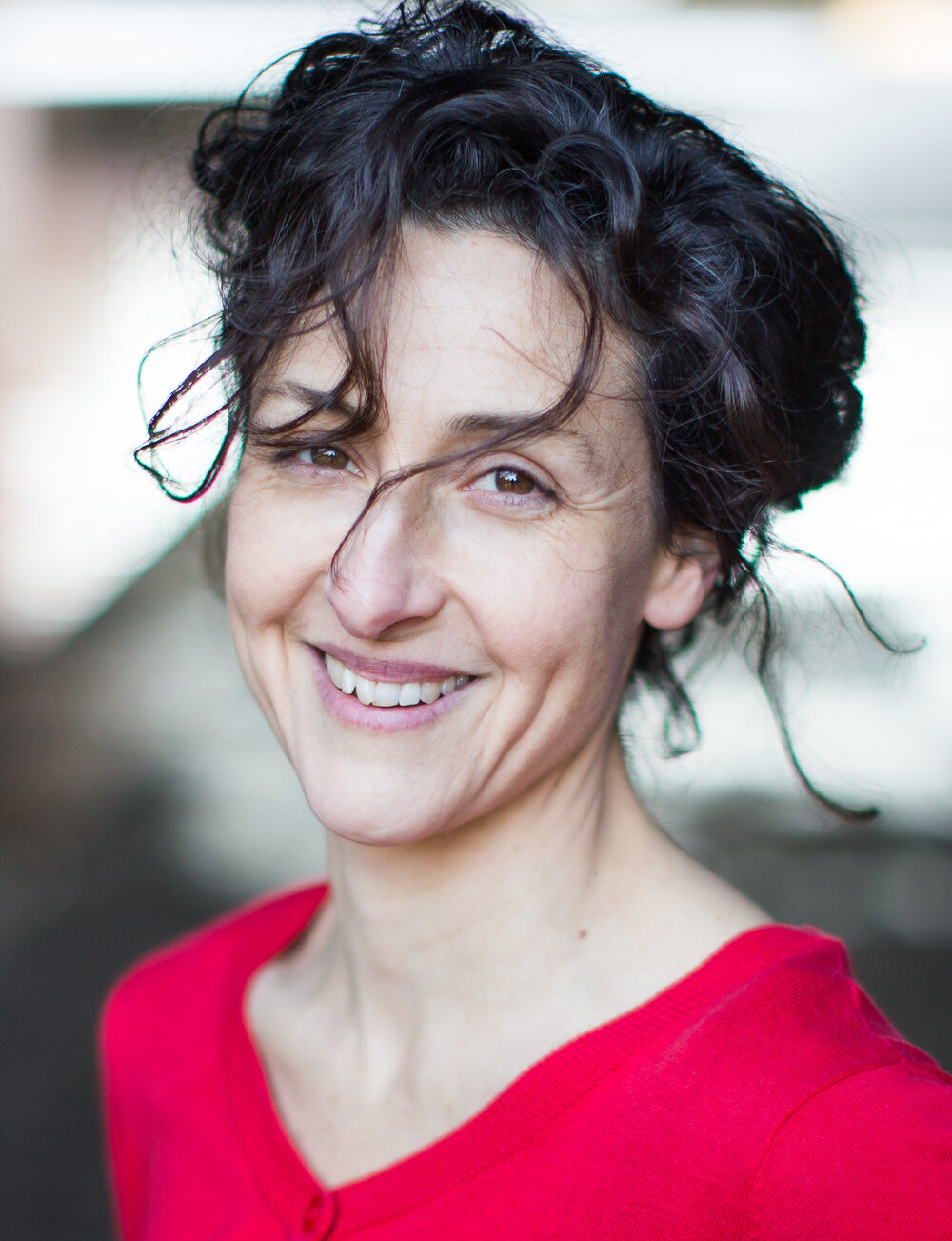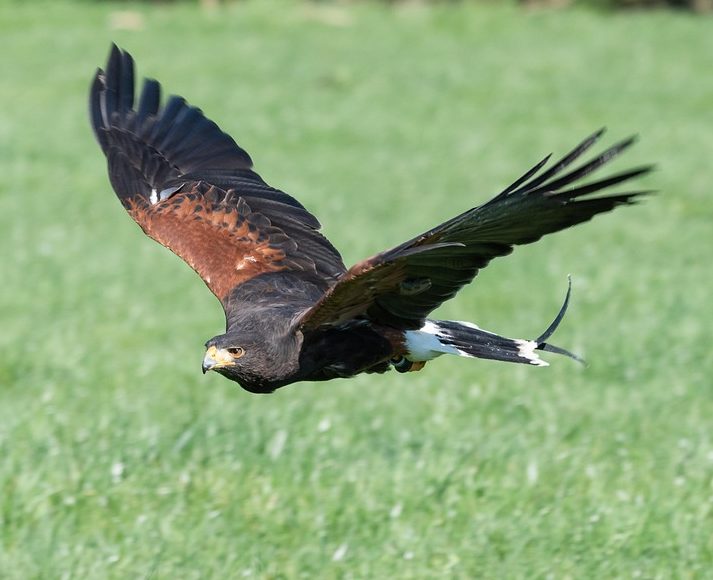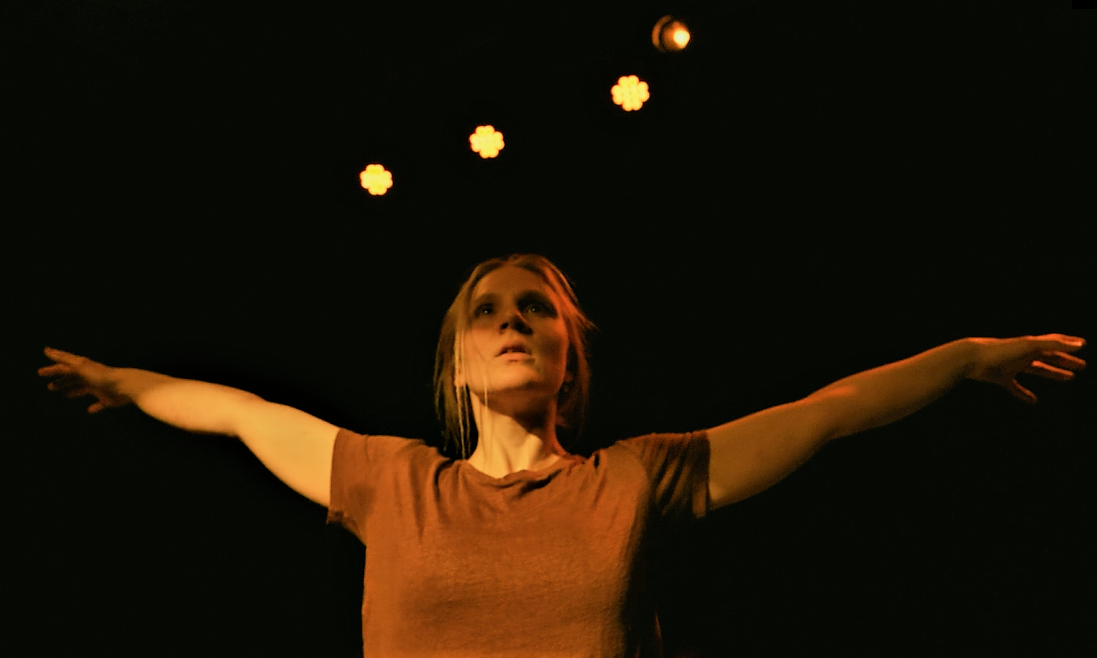
Gabrielle MoletaAnimalia
I stand beside ‘Animalia’ – and within this classification- mammals and birds.
I am a theatre maker using a specific training and working practice called Transformation and Imaginative Improvisation. I have trained actors in this approach for more than two decades.
Some of the animals and birds that have drawn my sustained focus for the creation of theatre stories are- horses, deer, hawks, wading birds, geese, bears, tigers, jackdaws, pelicans, wolves. But many others too.
The actors I work with share a background in this training of ‘Transformation’. It is our common language. This highly focused approach for the actors asks that they look at the natural world and just observe- in a non- judgmental way. This quiet yet fully active observation requires giving ones sustained attention to another being- being present while observing without judging. This is the necessary first stage and the root for the artistic creation that follows.
The theatre I make with my Company dissolves the boundaries between the human and the animal world. Each piece begins with a period of observation of an animal or bird in its environment that will be our focus for the work. This is the initial and essential source material. The subsequent active research in the studio is slow and physically rigorous, requiring us to give all our attention to remembering what we have observed and re-finding it in the imagined world in the rehearsal space. At each stage as we grow a story, what is necessary is an act of presence with the animal –more time spent in observation of the animal- allowing each of us involved to sense, absorb then inhabit imaginatively, both something of its essence and something of its world/ environment. Eventually what emerges is a new story- a glimpse perhaps of where it is possible to imagine what we human animals could still be and how we might still live.
“Animals are the old language of the imagination; one of the 10000 tragedies of their disappearance would be a silencing of this speech.” Rebecca Solnit – A Field Guide to Getting Lost
If you spend time taking your focus off yourself and putting it on another being, inevitably there is connection, empathy, compassion. The more I look at an animal which is simply being itself and living just as it needs to live in that moment, the more wondrous this other being becomes. If I can let go of the desire to judge (anthropomorphise) what it is in human terms- graceful, nasty, proud, funny, cute, awkward, noble, greedy etc…I might just begin to perceive something of its essence. And the stories we make follow on from this.
“I arrived across the Common to the strange spectacle of a herd of deer being addressed by a wise man. As the herd sat on the grass, I was very conscious of the buses and traffic in the distance, the world I had just left with all its pollution and noise.…..when one of the herd, a kind of would-be leader, told a story and had most, but not all, of the herd spell-bound for a moment, this drew me ever more into the dynamics of the group and I wanted their safety. “Audience member- Deer Life- Omnibus Theatre/ Clapham Common March 2023
“The world is so rare, and so wildly fine: populated with such strangeness and imperiled astonishments. Among them, human attention- active, informed, sustained attention- is perhaps one of the rarest and most powerful.” Katherine Rundell- The Golden Mole
In the last decade I have sought ways to bring some of this process of work as well as the pieces of theatre themselves to individuals beyond the theatre training parameters and to audiences beyond traditional theatre spaces. I have worked with Climate Guardians, and as a facilitator at symposiums addressing the potential to align creative practice with climate justice action for change.


